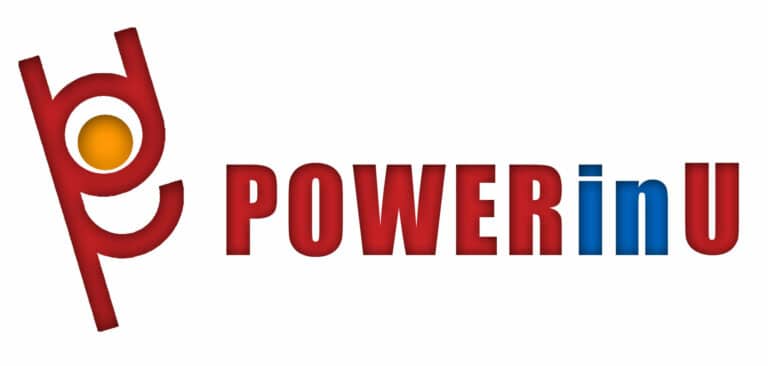This article has been reposted with permission from N.E.W.S.® Global. The original article written by Aviad Goz, global though leader on personal and organizational development, and creator of the N.E.W.S.® Compass and the concept of navigation in the business world, can be found here.

The HR profession has undergone a process of evolution over the years. It happened in different ways in different geographic areas. However, looking across the globe, a few different evolutionary trends can be observed.
The HR profession over the years
The next level that evolved in some areas was HR as a business partner. This level required a very different set of skills. The HR staff now needed to understand the business side of the operation.
They needed to think more strategically about people, recruitment, development and allocation. They needed to partner with business leaders and become their trusted advisors.
A new level of professionals entered the arena. Many of them are required to have second university degrees, specializing in HR management or organizational consulting. The transition to this level still goes on.
It is more common in large multinational organizations around the globe. However, it is much less common in local companies in different countries. Hence multinational organizations have become great “schools” for developing this level of HR professionals. Together with this trend a new specialization in Organizational Development (OD) evolved. Organizational development is a field in the HR profession that looks after organizational structures, reorganization, and the development of the organization, and not just its people. Like many fields that evolve, there are more and more specializations and different paths of development for HR professionals nowadays.
The HR as a coach
In recent years we have seen another new trend evolving in ground- breaking organizations: the HR person as an internal coach.
Coaching in organizations has been traditionally reserved for high-level executives. The cost of executive coaching is high and there is a need to employ external vendors. Finding top level professional coaches for executives is not easy. When found and matched to the right executive they bring a lot of added value to the executive and to the organization.
But even if all executives receive proper coaching processes, what happens with other levels of managers throughout the organization?
Mid-level managers and even young first-time managers can benefit from a professional coaching process. Such processes are mainly needed for onboarding to a new role, transitioning, leading change, getting new responsibilities, and more. Or, on the other hand, they are needed when a manager is not performing well.
These levels of managers could not receive an executive coaching process from external vendors due to the high cost of these services. So, a few levels of managers were left to their own devices to tend to their own development.
Organizations could provide courses and training programs, but not individual tailored development processes, as occurs in professional organizational coaching. This missing part in the development of managers in organizations is felt by many organizations.
The HR as an internal coach initiative addresses very well this gap that exists in most organizations.
When HR professionals are properly trained as internal organizational coaches, they can answer many needs that managers and employees have throughout the organization.
They can coach talents. They can assist new managers. They can help onboarding and transitioning and they can assist managers that struggle. They can actually establish a coaching culture in the organization.
Particularly for the level that needs it the most in the organization – mid-level managers and new first-time managers. In organizations where we trained HR as internal coaches the demand for their services was much larger than what they could provide. These internal programs are very successful. The HR internal coach also knows the organization intimately.
This is a great advantage over external professional coaches. However, this level of intimate acquaintance needs to be managed well in the coaching process itself. Otherwise it can become a limitation for a successful professional coaching process.
During the current global health crisis, the role of HR as internal coaches has become even more essential. Many managers need to lead their teams remotely, engage them, and keep them focused. They need to provide leadership in conditions of great uncertainty.
The internal coaches can help in this a great deal more than ever before. Becoming an internal organizational coach also positions the HR person in a whole new level in the organization.
They are responsible for managers’ development. They get to know the managers very closely and accompany their career in the organization.
We conducted some studies with large companies that certified their HR staff as internal coaches. Those studies show very clearly that the level of retention of managers in these companies improved significantly.
In industries where there is a “battle for talents”, this improved level of retention provides a major advantage. In some cases, the internal coaching processes improved retention of talents in the double digits.
For now, the number of organizations that have certified their HR staff as organizational coaches is limited.
However, viewing the benefits and the cost effectiveness of this process, I believe that this new trend in the HR evolution will become more and more common, and will lead the way for the entire profession.
